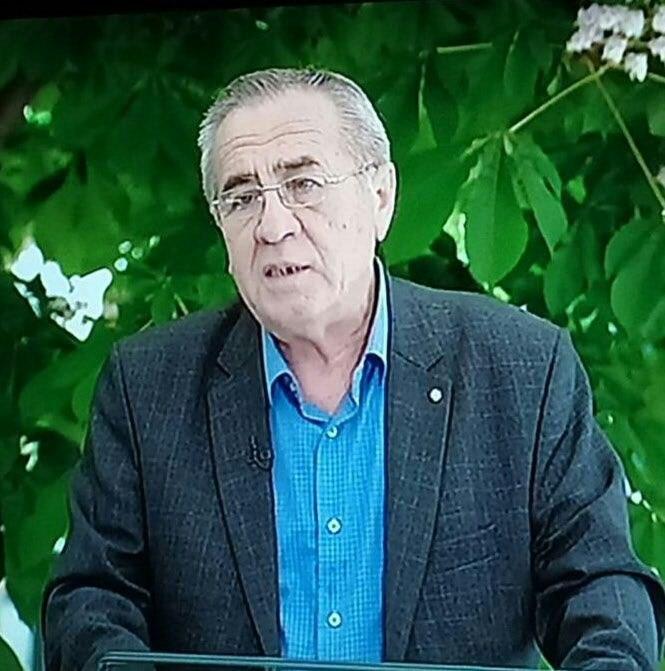A big head needs a big hat

In our country, great changes and innovations are taking place at a rapid pace. It is no coincidence that in the last two or three years alone, the weight, content and essence of renewal and creativity have won the admiration and recognition of the world community. Such updates are also evident in the education system. The emergence of presidential schools, creative schools named after great artists and thinkers, has been a source of happiness for talented children in our country. The opening of many new universities, prestige in the world, branches of famous higher education institutions also gives an idea of the scale and nature of the work in this area. The establishment of the Tashkent State University of Oriental Studies on the basis of the Tashkent State Institute of Oriental Studies was a logical continuation of this series.
Oriental studies is very different from other universities. After all, its graduates are designed to show the face of our country, its prestige, not only in our country, but also abroad and in many countries of the world community. Today, both the type and content of relations between Uzbekistan and the world are growing and enriching. In these processes, the training of specialists who will show the face of the Uzbeks, Uzbekistan, preserve its honor, glorify it, and increase its prestige in the international arena, depends on the higher education institution in the field of Oriental Studies. It is natural that knowledge of the modern language, as well as the languages of the citizens of the countries with which we communicate, among many other qualities, gives warmth and sincerity to this relationship.
The great thinker of the eleventh century, Mahmud Kashgari, wrote, among many other folk sayings, ““Ardam bashi – til”,” meaning that “the beginning of all art and virtue is language.” This means that our great ancestors, from ancient times, considered language to be one of the great and worthy virtues. Yusuf Khas Hajib pays special attention to language skills in the list of requirements for ambassadors:
“ Qamug‘ til bilir ersa, achsa tilig,
Qamug‘ xatni bilsә, bitisa alig”
If he knows all the languages, he can speak the language.
Knows different letters, writes by hand (if walks fluently)
Universities have many responsibilities. The first is to train highly qualified specialists. This concept involves not only highly educated professionals, but also scientists who have mastered the intricacies of their field. So, one of his main tasks is to create an education system that will meet these requirements. This requirement also requires that the educational process be organized on the basis of scientific achievements. The resolution highlights these problems and their solutions.It is no coincidence that universities in the Middle East are called “dorulfunun”[1] . The word literally means “house of science”, “place of science”. It is not difficult to imagine this as a unified, integrated state of many disciplines.
At the same time, it is worth noting that this is in line with the glorious plans of the Year of Science, Enlightenment and Digital Economy. The main task of the resolution is to study the life and work of great scientists, their legacy, not only in our country, but also in foreign libraries, museums and archives.
Another point of the decision deserves special attention. In particular, it states: “Development of methods for assessing the level of knowledge of Oriental languages in cooperation with relevant government agencies of foreign countries as a basic higher education institution for teaching Oriental languages and literature, history, culture, philosophy, politics and economics in the country and implementation, development of modern media products and e-learning materials that provide information in the field of language education and the countries of the East.
Bakijon TOXLIEV,
Tashkent State University of Oriental Studies
professor, doctor of philological sciences
[1] University